Rabbits are adorable and make great pets. They are gentle creatures that require proper care and attention to stay healthy. One of the most vital organs in a rabbit’s body is the liver. The liver performs several essential functions, including removing toxins from the body, producing bile, and storing vitamins and minerals. Unfortunately, liver problems are common in rabbits and can cause severe health issues if left untreated. As a responsible rabbit owner, it is crucial to be aware of the signs and symptoms of liver problems in rabbits to ensure their well-being. In this article, we will discuss the common indicators of liver issues in rabbits and what you can do to help prevent and treat them.
Rabbits are gentle and adorable creatures that are loved by many people around the world. These furry friends are often kept as pets, and as with any animal, it is important to monitor their health. One of the most important organs in a rabbit’s body is the liver. It performs vital functions such as detoxifying the blood, producing bile, and storing vitamins and minerals. Therefore, any problems with the liver can be fatal if not treated promptly. In this article, we will explore some of the signs and symptoms of liver problems in rabbits.
Yellowing of the Skin or Eyes (Jaundice)
One of the most noticeable signs of liver problems in rabbits is jaundice. This condition occurs when the liver is unable to remove bilirubin from the blood, causing a yellowing of the skin and eyes. If you notice that your rabbit’s eyes or skin have turned yellow, it is important to seek veterinary attention immediately.
Loss of Appetite
Liver problems can also cause a loss of appetite in rabbits, which can lead to weight loss and malnutrition. If your rabbit has stopped eating or is eating less than usual, it is important to monitor their behavior and consult with a veterinarian.
Lethargy
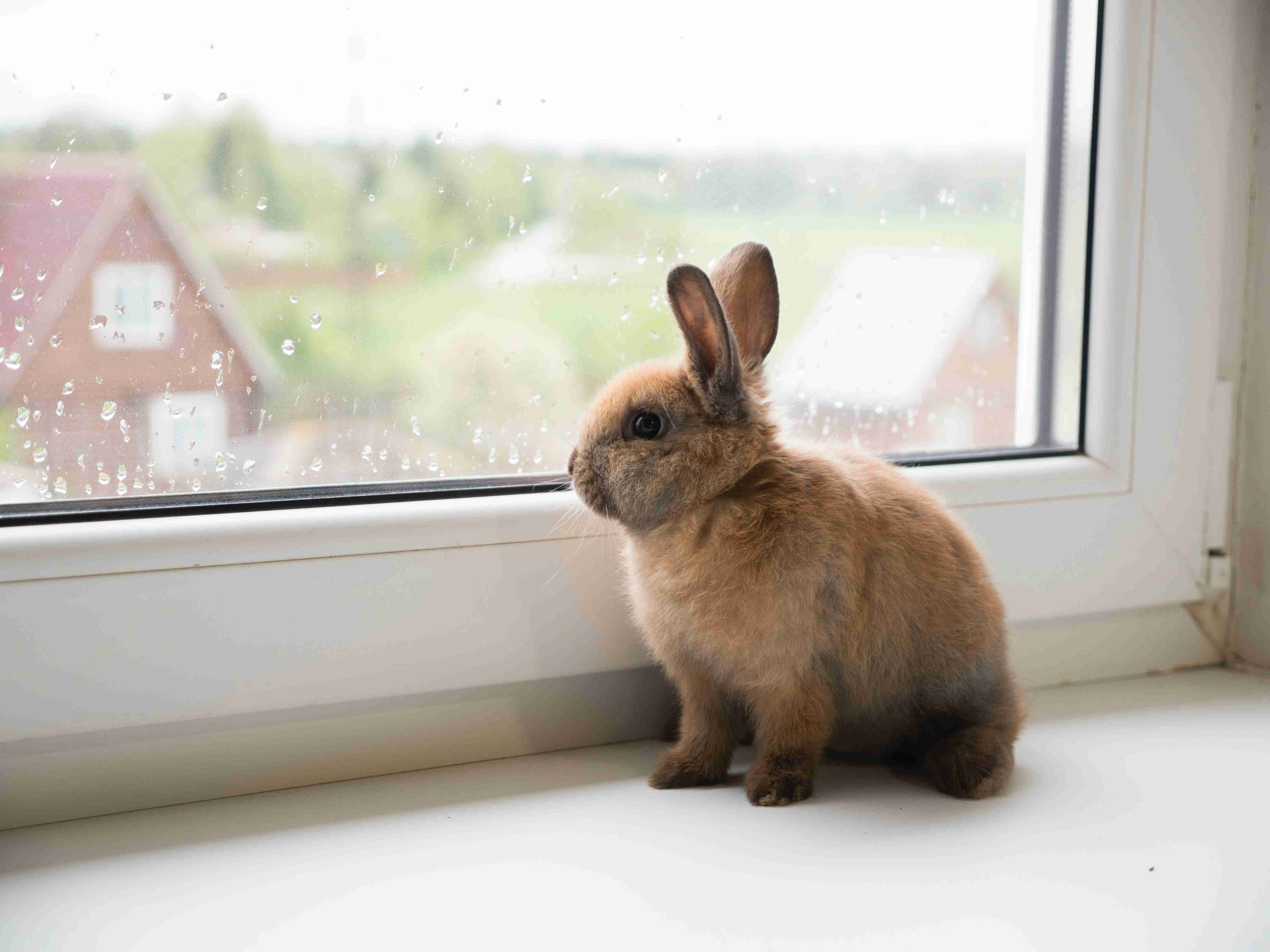
Another common symptom of liver problems in rabbits is lethargy. If your rabbit is more tired than usual, or seems to lack energy, it may be a sign that their liver is not functioning properly. Lethargy can be a sign of many different health problems, so it is important to consult with a veterinarian to determine the underlying cause.
Frequent Urination
Liver problems can also cause rabbits to urinate more frequently than usual, or to have difficulty urinating. If you notice that your rabbit is straining to urinate or has a decrease in urine output, it is important to seek veterinary attention as soon as possible.
Changes in Stool
Liver problems can also cause changes in the color and consistency of a rabbit’s stool. If you notice that your rabbit’s stool is lighter in color than usual, or has become more watery, it may be a sign of liver problems.
Overall, understanding the signs and symptoms of liver problems in rabbits can be crucial in maintaining their overall health and wellbeing. If you notice any of the above symptoms in your rabbit, it is important to seek veterinary attention immediately. By working with your veterinarian and monitoring your rabbit’s health, you can help ensure a long and happy life for your furry friend.
In conclusion, understanding the signs and symptoms of liver problems in rabbits is crucial for their health and well-being. If you notice any of the symptoms mentioned above, it is essential to seek veterinary help immediately. Remember that early detection and treatment can make a significant difference in your rabbit’s recovery. By providing your rabbit with proper care, a healthy diet, and regular vet check-ups, you can ensure that they lead a happy and healthy life. So, keep an eye out for any signs of liver problems in your furry friend and act fast if you notice any concerning symptoms.


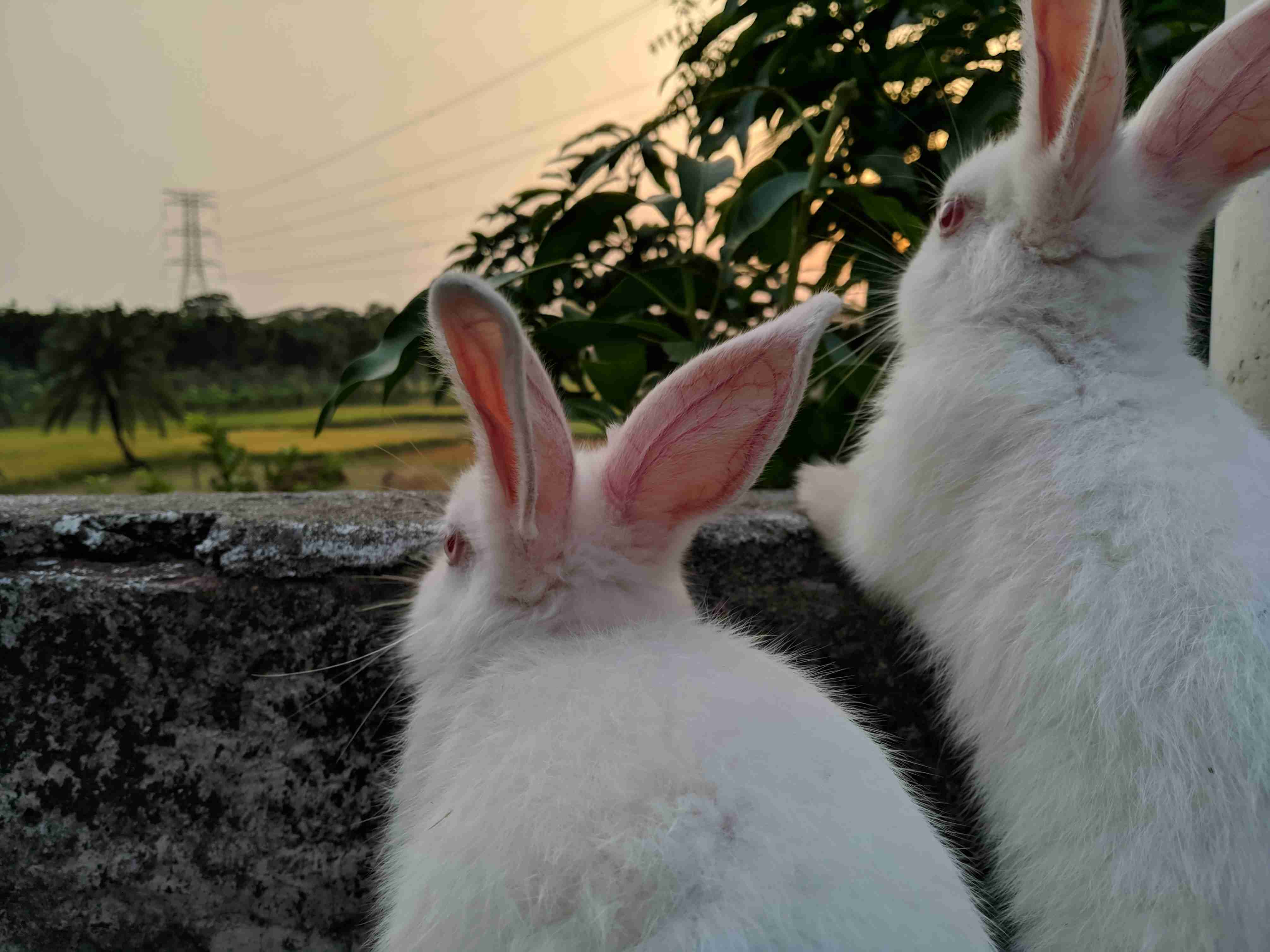
.jpg)
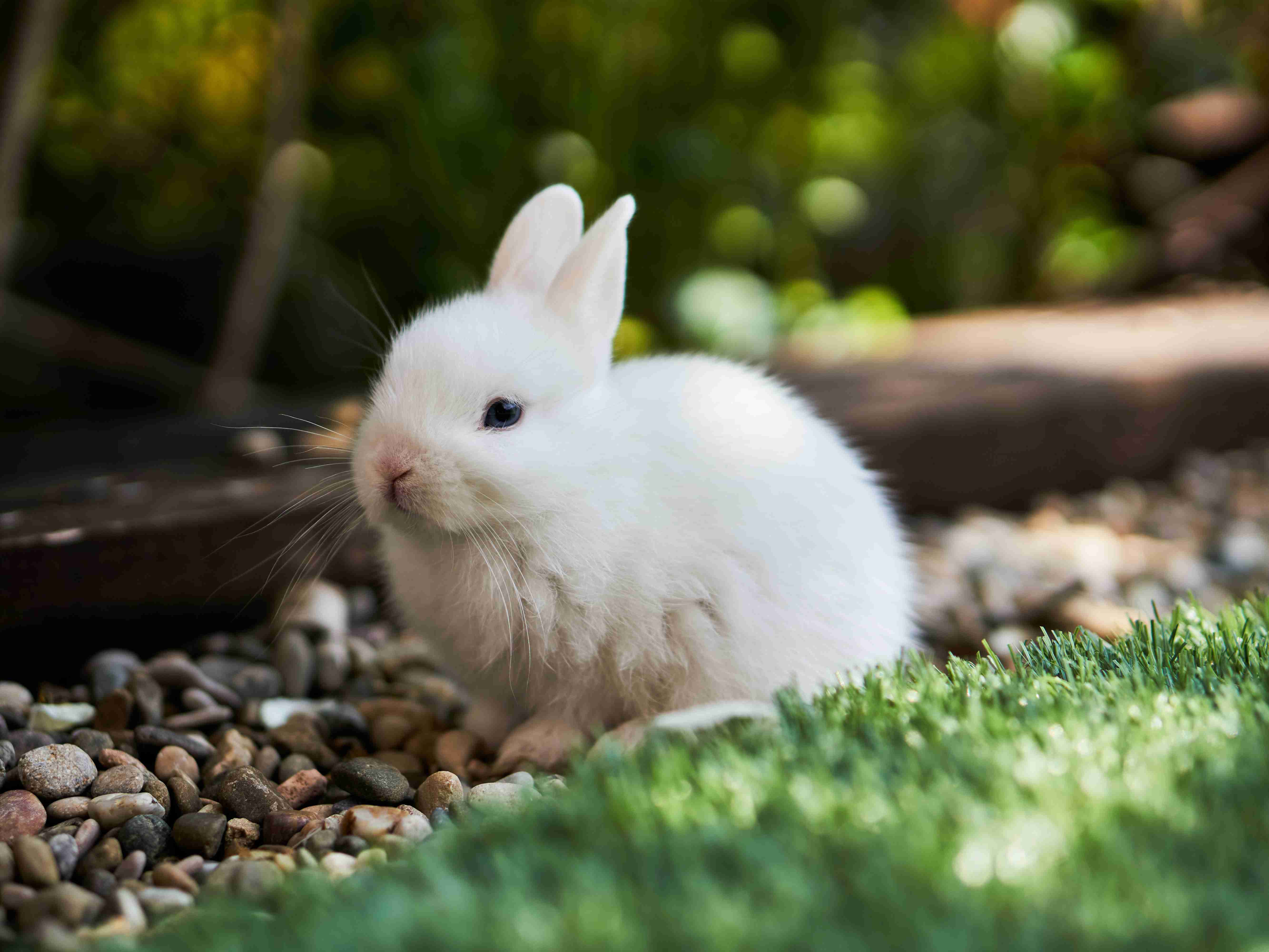
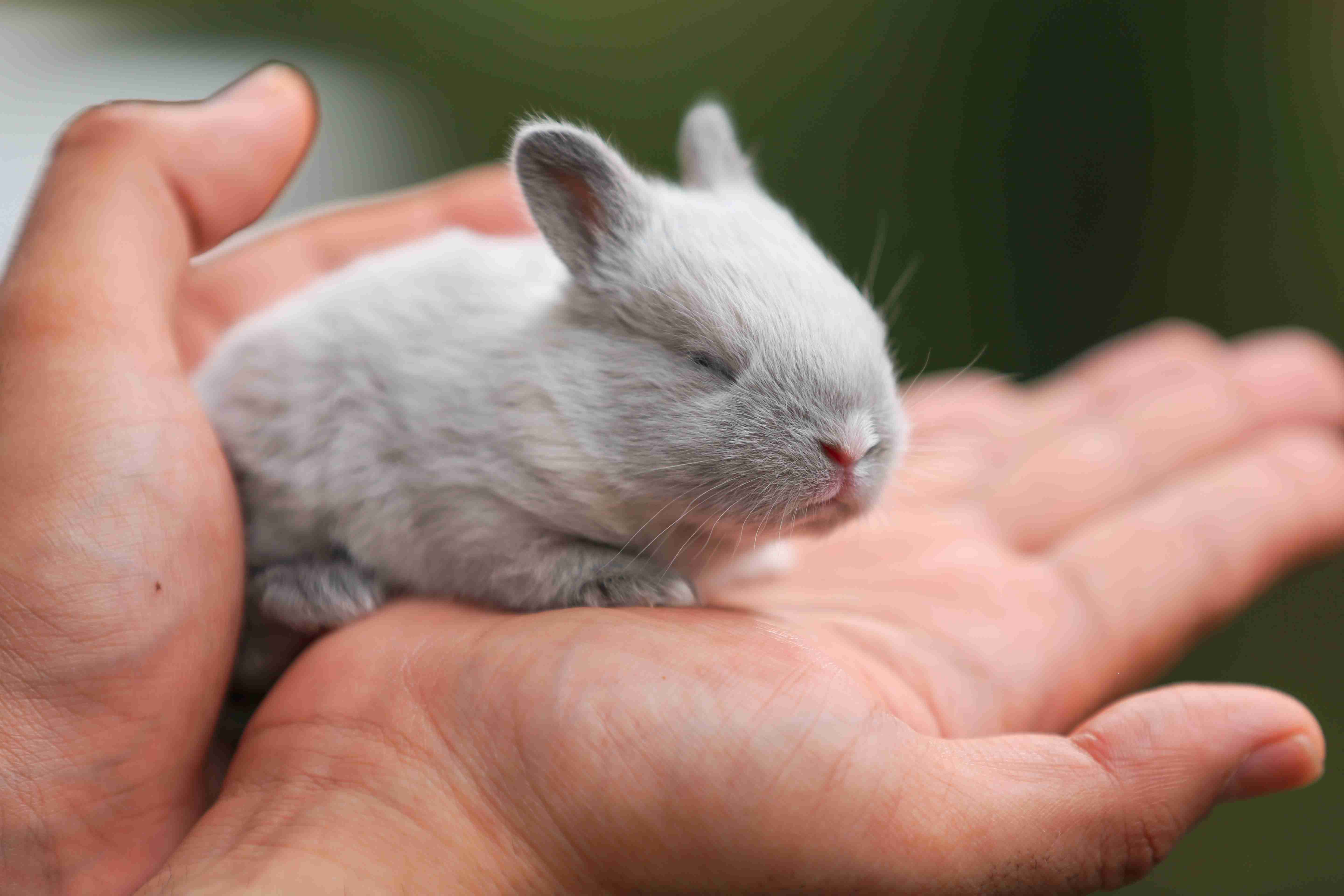
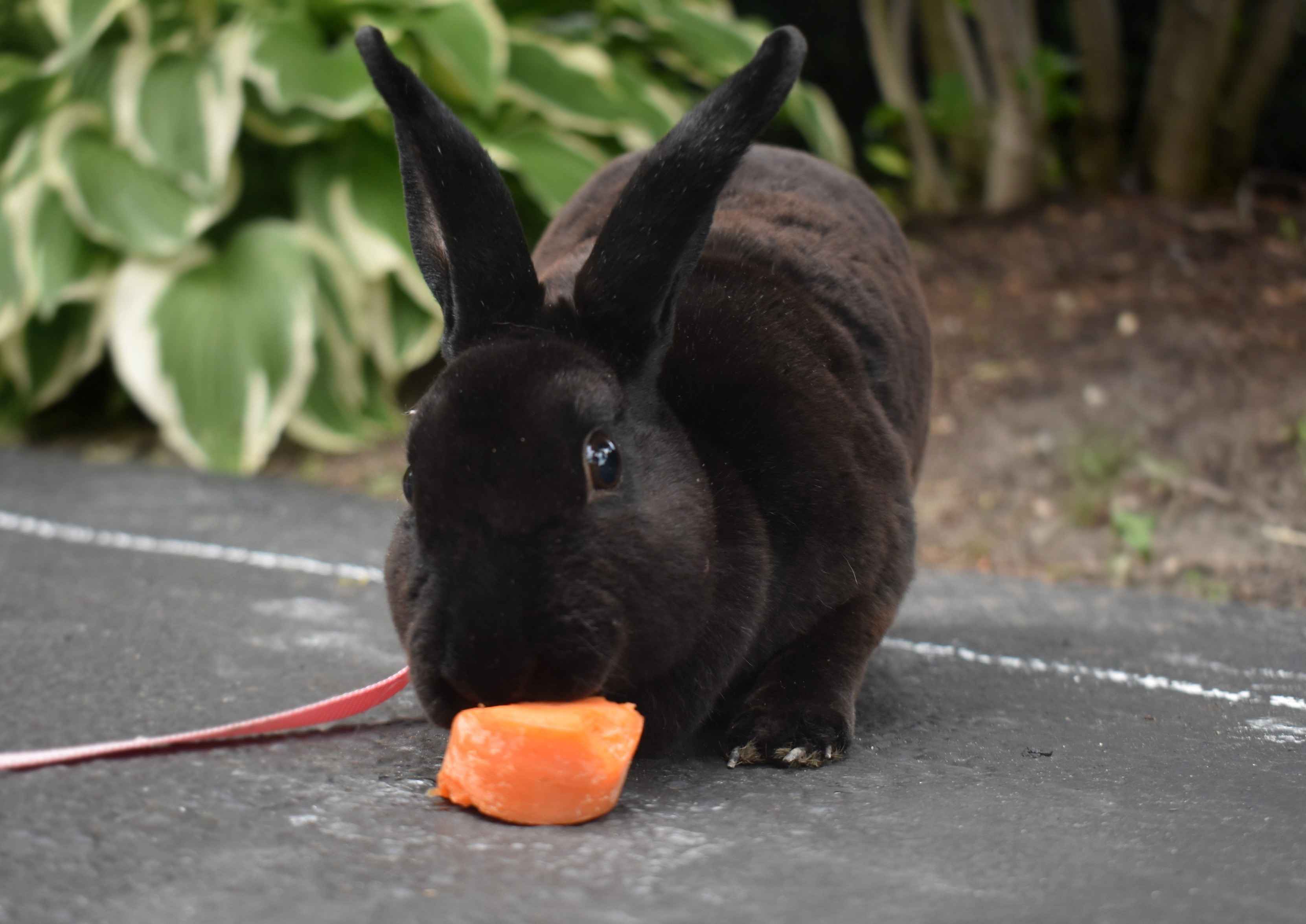
.jpg)